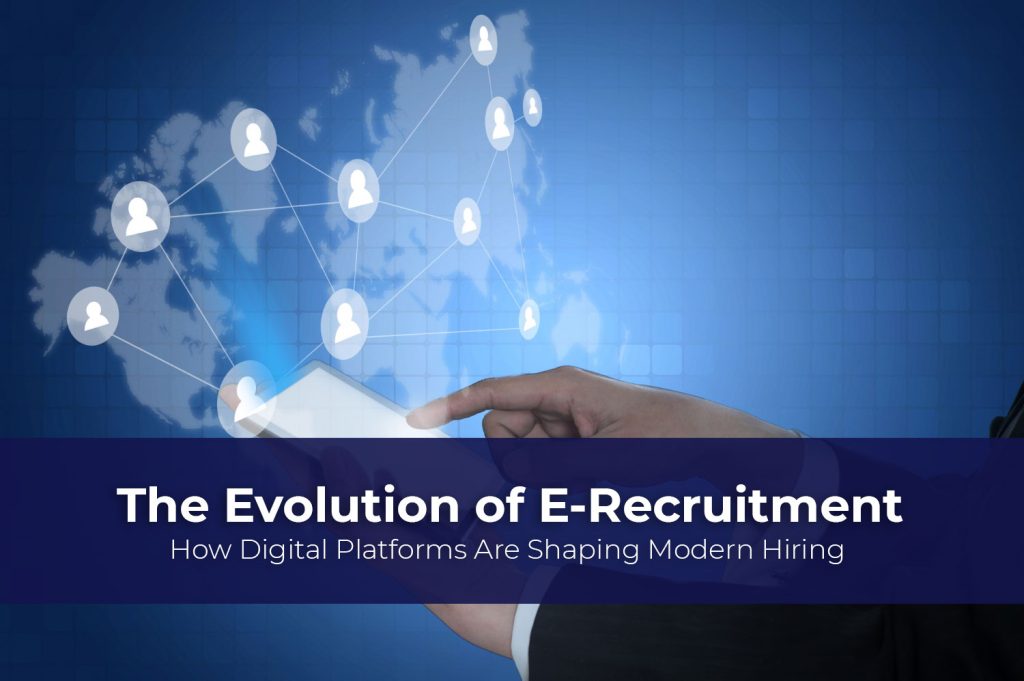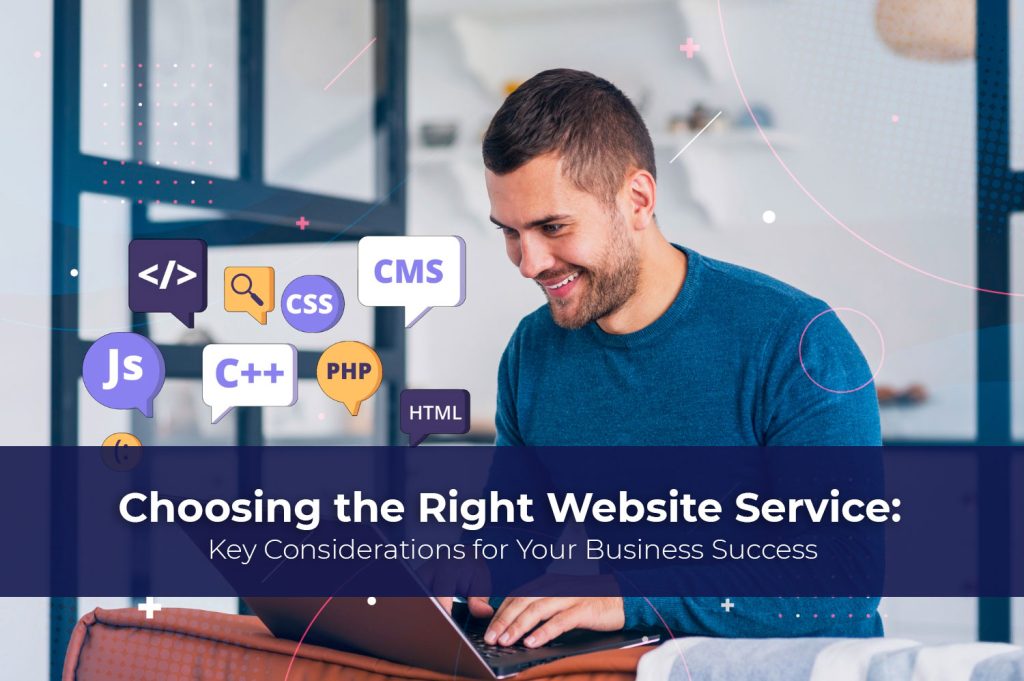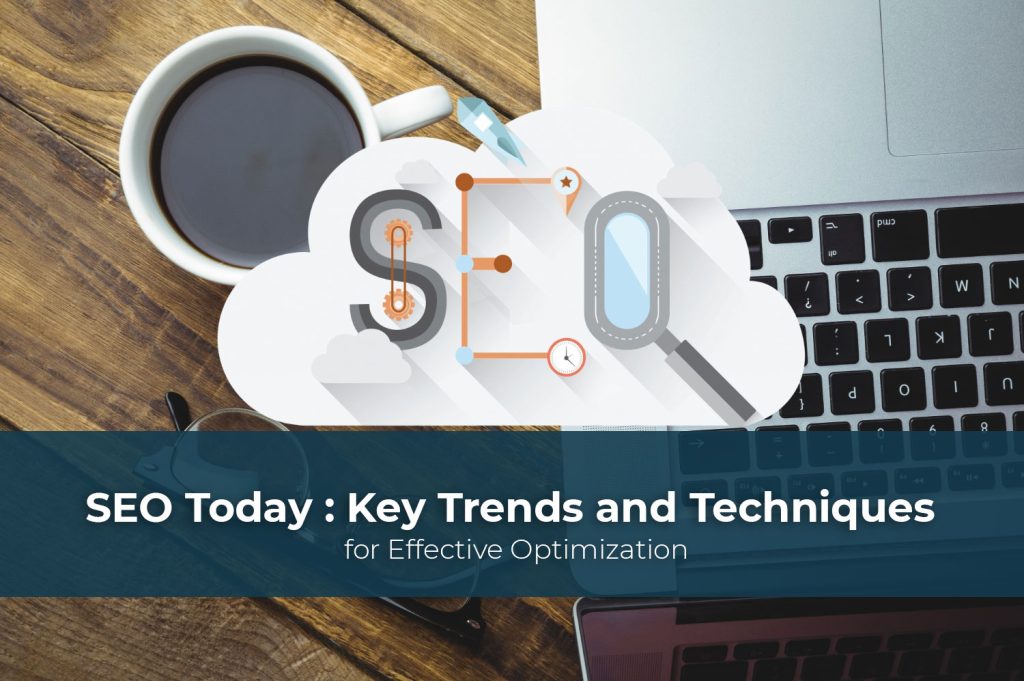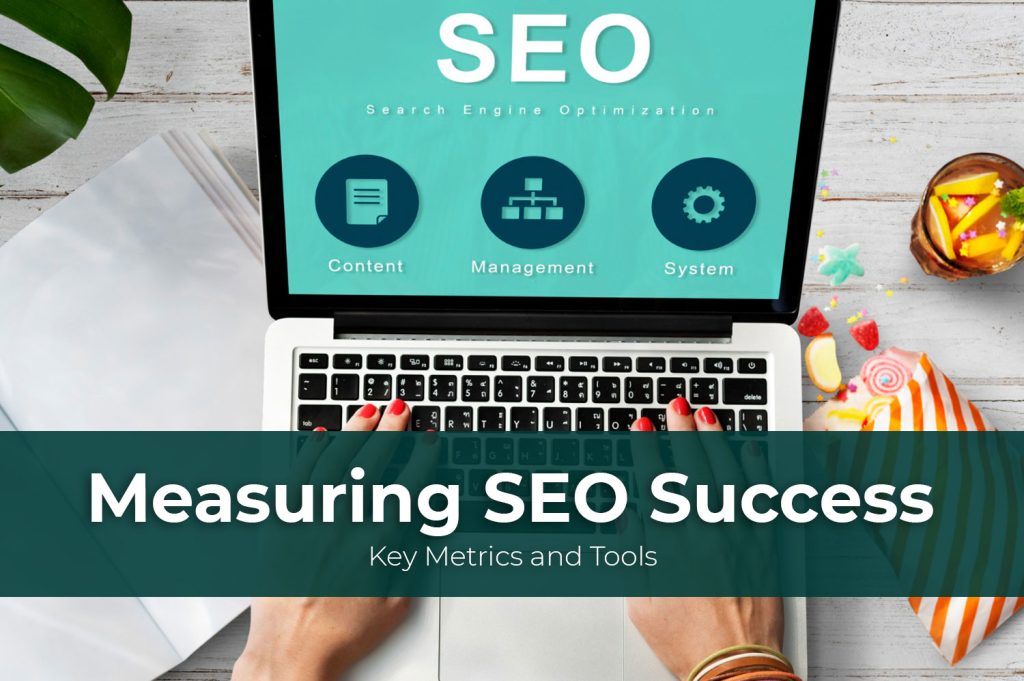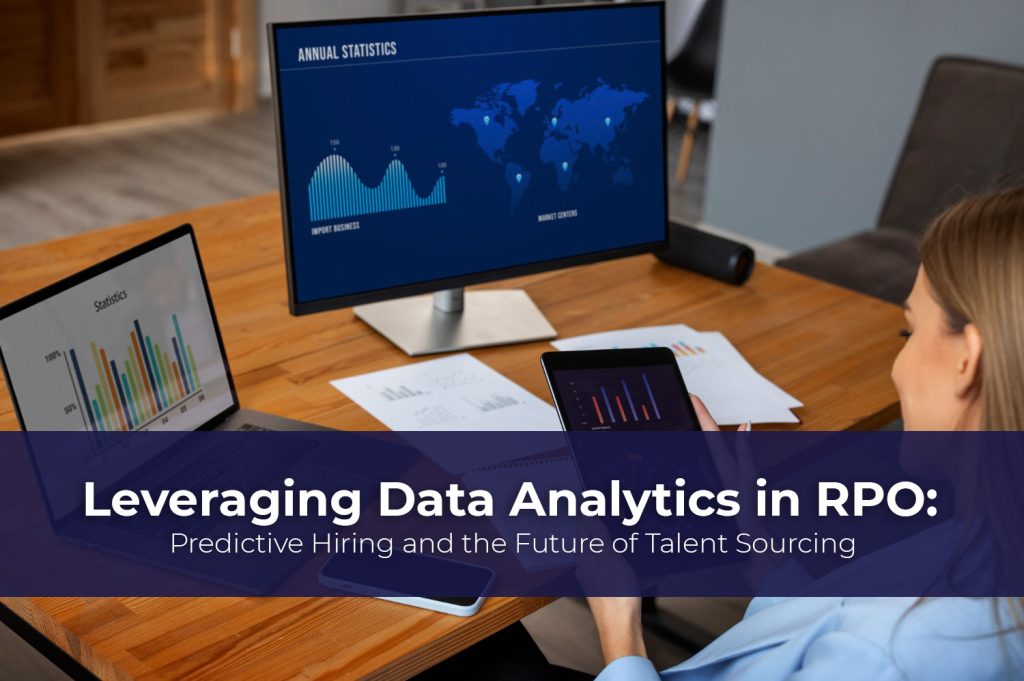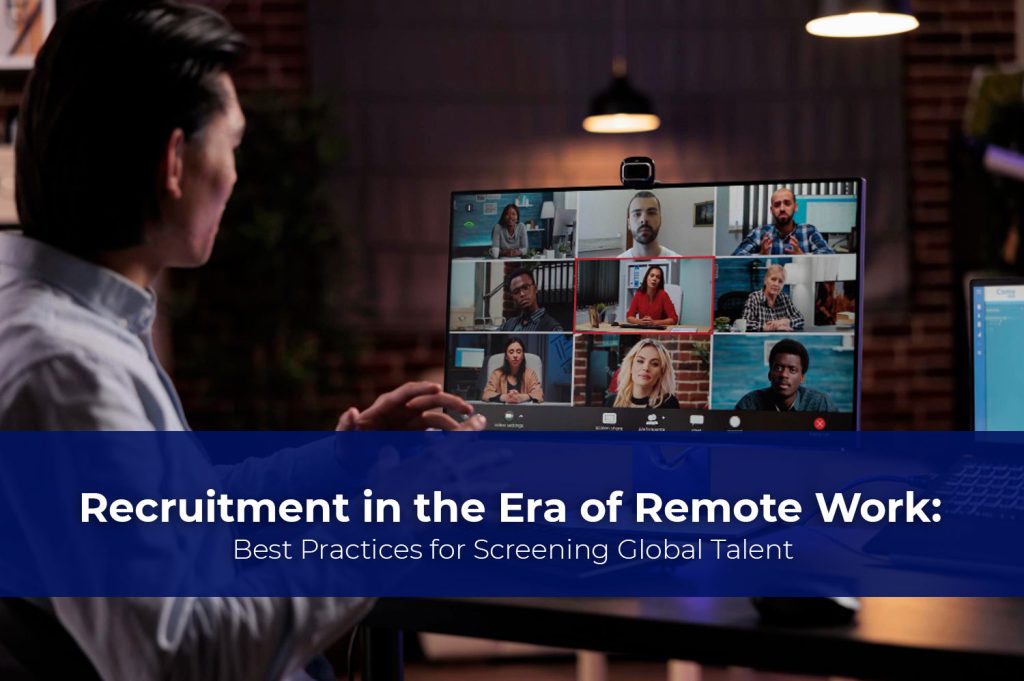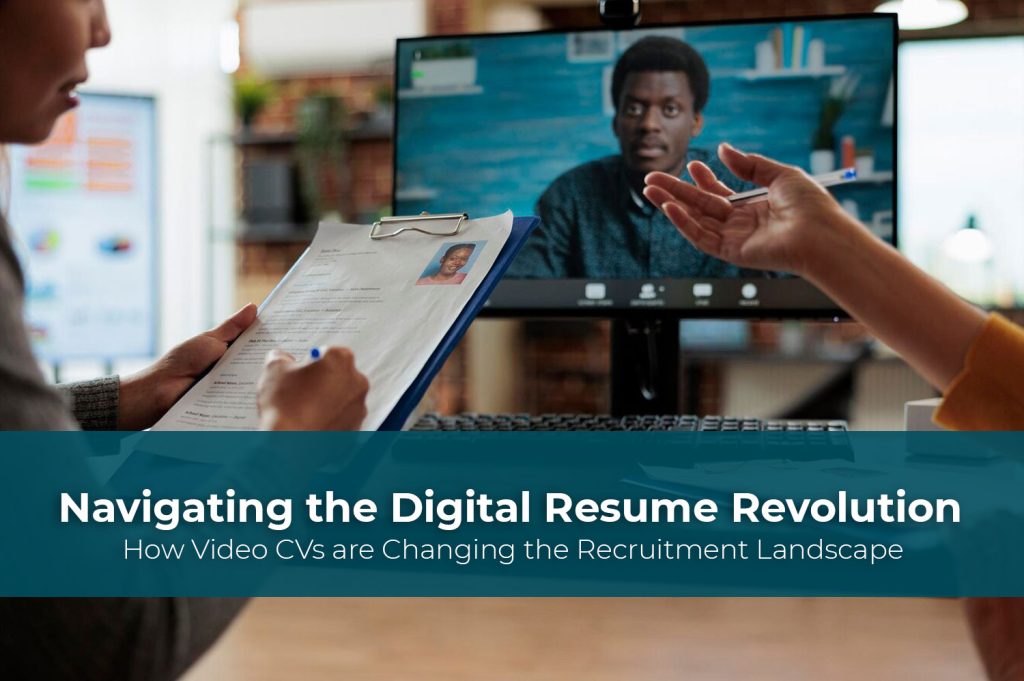RPOs: Understanding the Fundamentals

“The only way you can stay on top is to remember to touch bottom and get back to basics.” – Shane Black, American Film Director
Recruitment process outsourcing (RPO), as the name suggests, is a process whereby the employer turns over the responsibility of sourcing, screening and hiring candidates over to a third-party service provider. The process can be handed over partially or entirely to the RPO partner. If we were to simplify, the RPO partner works in tandem with your organization’s internal team. Think of it as an extension of the recruitment arm of your company, in order to provide you with the desired results. Typically this means that they are based on-site with your other team members. They work under the banner of your brand name, effectively becoming a brand ambassador in a way.
So, that brings us to the question: How exactly do RPOs work? In this blog, we will explore the basics of how RPOs function. We will also look at the goals that these third-party firms aim to achieve, and the typical pricing ratio that you could expect. We will also briefly have a look at some of the benefits of choosing RPO to carry your recruitment efforts to the next level.
RPO is basically a healthy balance of dedicated experts and high-end industry technology.

Table of Contents
ToggleHow Do RPOs Work?
The process of having RPOs work for your recruitment process will basically see a good balance. This is a balance of dedicated experts, technology and best practice processes. Sometimes it can also include analytical systems that align with your organizational efforts. All these factors will work with your internal team’s. The aim is to develop and take your recruitment process to the next level.
On the surface what may seem like your run-of-the-mill third party staffing agency, is much more once you get into the details. Recruitment process outsourcing goes far beyond just simple recruitment. Recruitment is only one small part of what makes the services provided by RPOs so unique and efficient.
These recruiters essentially align themselves and their efforts with the vision and mission of your business. They work as an extended arm of the talent acquisition department. Thanks to all those factors, the internal team is much more well-equipped to deal with and execute a higher quality of work output.
They say, ‘Don’t bring a knife to a gun fight.’ Well in this scenario, the RPOs are the gun. RPO agencies give you a significant edge in the job market through their extensive resources. Part of the reason that these services have become so popular. Aside from leveraging automated and optimized tools and processes, combined with their deep industry expertise to give you the cream of the crop when it comes to talent, they support you in a way that is customized to your professional needs.
A Highlight Reel of the Services RPOs Brings to the Table
Market Analysis: RPO experts will evaluate your current talent pipeline in terms of the supply and the demand. They will then have a look at the market condition. Based on the information that they collect, they will put together a recruitment strategy to help you meet your current and future needs. This is already a step above what traditional recruiters will offer you. The RPO route is a long-term solution.
Screening: After the agency puts together your customized recruitment strategy, they will then start sourcing and screening potential candidates.

RPO agencies will only provide the employer with fully vetted candidates in a process that is often automated and quite seamless. It’s a smooth process not only for the employer but for the candidates as well. The main benefits here are that you save a lot of time and effort.
More Highlights
Recruiting: This part of the process is pretty standard. It’s your average recruiting process, but with one added bonus. The RPO firm will prioritize your employer brand perception. They do this by ensuring that candidates have a positive experience, whether they are selected or not.
Offer Management: The RPO experts have the ability to maintain both automated and live touch points with candidates throughout the recruitment process. They use this method of regular check-ins to make sure everything is going smoothly with the candidates up until the date they join the organization. This adds a human element to the process, and paints the organization in a positive light.
Reporting: The RPO partner will also work with each individual client. They will help them define the necessary metrics. These metrics could be the cost per hire, the time to fill the position, as well as the analytics needed to predict how to best drive performance and engagement.
“Everything in life goes back to basics.” – Kron Gracie, Brazilian MMA Fighter

What is the Goal of RPOs?
The goal of an RPO agency is to provide the employer or the client, with the tools and technology necessary to help free up the internal team. They also parallelly boosting the recruitment process. This allows the company to focus on and prioritize other activities. So, in a way, this is not just a hiring strategy, but also a business strategy that helps employers tackle issues related to time management, manpower, productivity and ultimately profitability. Generally viewed as a long-term partnership, these services try to get the client set for the present and their future needs.
However, given the diverse and customizable nature of RPO, your recruitment process outsourcing partner can also help you in the launch of new products, opening new facilities, restructure the entire hiring process and even make sure that there is a healthy level of diversity amidst your candidacy pool.
How are RPOs Typically Priced?
In order to conduct a recruitment initiative successfully, any business owner knows the amount of time, money and manpower that goes into the process. RPOs help with this by freeing up those in-house resources and time, allowing companies to focus on other important initiatives. The benefit of having RPO is that all the costs are rolled into a single package; it’s a bulk investment. This helps narrow down the cost that’s coming at you down the pipeline in the future, allowing you to plan better and allocate the funds accordingly.
Since it is often the case where the services are built into the scope of a single package, companies can have a set budget for it. The fees generally end up costing the employer around 60% to 70% less than that of the cost incurred from the services of a traditional staffing firm.
This is especially handy when businesses are facing budget cuts, tight deadlines to fill roles, high turnover or high costs per hire. Companies that outsource their recruitment through RPO agencies have a much better shot at keeping the budget relatively low, and considering all the services that you get, it’s a steal!

